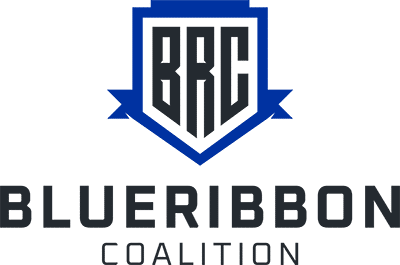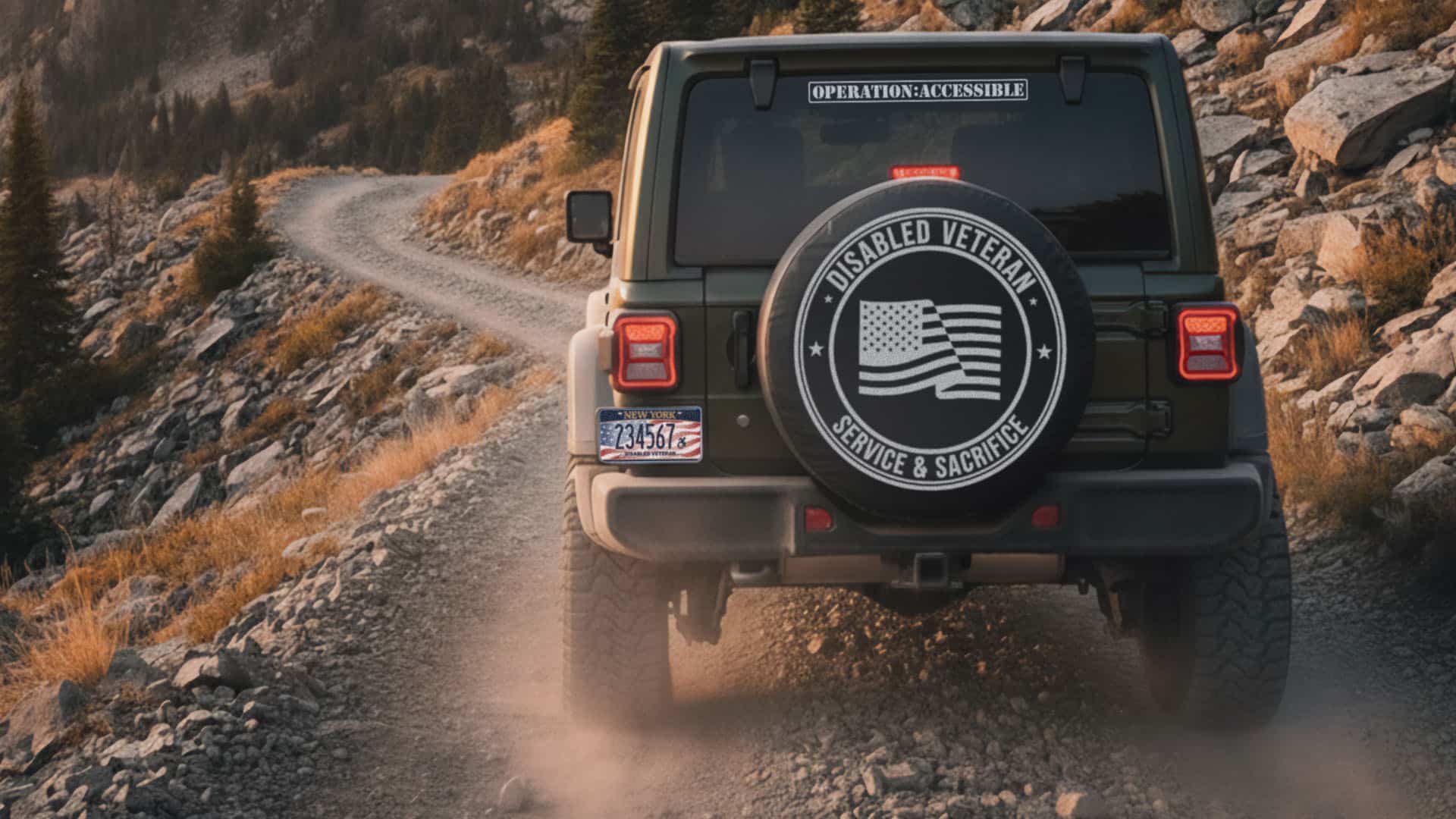This week legislation was introduced in the United States Senate that would guarantee motorized access to our public lands for Americans with disabilities. Senators Mike Lee (R-UT) and John Curtis (R-UT) have just introduced the Outdoor Americans With Disabilities Act, aimed at ensuring that Americans with disabilities can meaningfully access and enjoy our public lands.
One of the most common complaints we receive when public lands are closed to motorized access is that those who rely on motorized access can no longer enjoy public lands that they used to enjoy. This bill would create strong new protections for recreation access, and BlueRibbon has been working hard with these Congressional offices to have this bill re-introduced this Congress. We’re proud to have worked closely with Senators Lee, Curtis, and other allies to shape the bill’s language, advocate for its principles, and mobilize public support. BRC’s goal has always been to ensure that access to the outdoors is not a privilege for the able-bodied but a guaranteed right for all.
What the Outdoor Americans With Disabilities Act Would Do
- Requires managers of multiple-use lands to maintain a density of roads accessible to motorized vehicles.
- Require the Departments of Interior (BLM) and Agriculture (Forest Service) to prioritize updates to travel management plans and motor vehicle use maps to maintain and improve access.
- Mandates local engagement and coordination
- When roads are proposed for closure, ensure local stakeholder input (states, counties, Tribes, local governments) is part of the decision.
- Prohibit closing roads if doing so would reduce accessibility below the threshold (except in narrow emergency cases), unless an alternative route is designated.
- Make the process for route re-designations categorically exempt from NEPA review, to prevent long bureaucratic delays from standing in the way of access protection.
- Prioritizes re-routing over closures to maintain access.
By tying road-access requirements directly to disability access, this legislation ensures that access is not an afterthought, it becomes a statutory priority. The goal is simple: no American should be shut out from public land experiences because they can’t hike many miles or traverse rugged terrain on foot.
Why This Bill Matters (and Why Now)
1. Addressing Disproportionate Impacts of Closures
When land agencies close roads to reduce motorized use, they often do not consider how many people rely on motor vehicles for access especially those with disabilities. BRC has fought several times in court to warn that blanket closures can be discriminatory in effect. The Outdoor ADA seeks to correct that imbalance and enshrine protections.
2. Avoiding Confusion Across Agencies
Without consistent federal policy, rules vary wildly across BLM, Forest Service, National Park, and local lands. Under this bill, route closure decisions would need to account for accessibility across jurisdictions. That reduces confusion and ensures fairness.
3. Legal Certainty and Efficiency
By making closures and re-designations categorically exempt from NEPA, the bill avoids decades of litigation and planning delay over route changes. Accessible lands cannot be held hostage by bureaucratic backlog.
4. Aligning Policy with a Growing Recreation Reality
As needs for motorized and e-assisted recreation grows, public lands must adapt. This legislation ensures that access modernization keeps pace with technology and demographics, so that recreation isn’t left behind by regulation.
What You Can Do to Help
- Contact your Senators and Members of Congress and urge them to support the Outdoor Americans With Disabilities Act using the tool below.
- Share this bill with the off-road community and other allies who care about inclusive access.
- Stay engaged! BRC will continue to provide updates, action alerts, and deeper analysis as the bill progresses.
Our public lands belong to all Americans. The Outdoor ADA is more than legislation, it’s a reaffirmation that access should never be limited by mobility. BRC will keep fighting so that every citizen can enjoy the beauty of America’s outdoors, regardless of ability.




